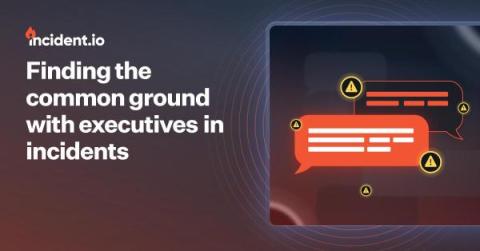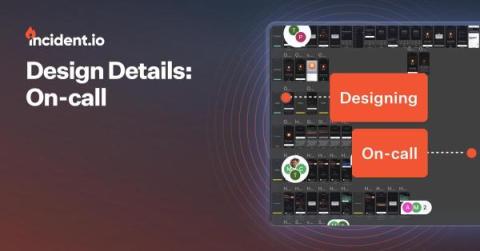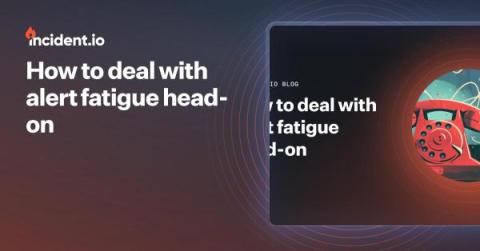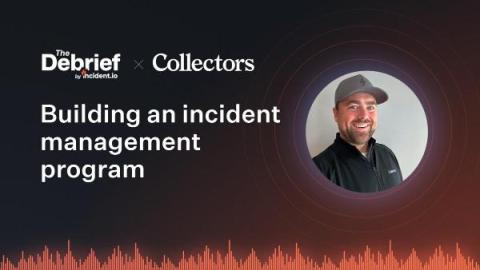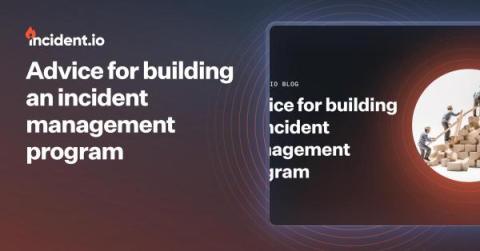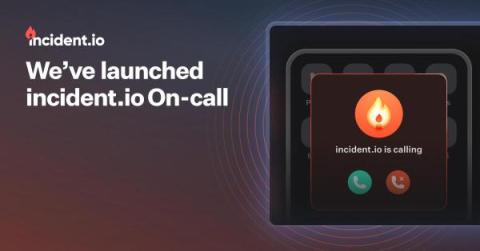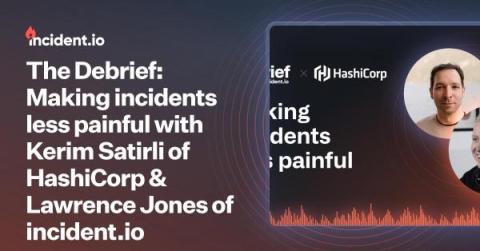incident.io is leading the charge in incident management for G2's Spring report
We’re ecstatic to announce that we’ve been ranked #1 in G2’s Relationship Index for Spring 2024. G2's Relationship Index is a measure of several factors, including: This award means a lot to us as it’s a direct result of the partnerships we’ve built with customers—and it’s a recognition we’re very proud of. From the beginning, we’ve been laser-focused on being the single place you turn to when things go wrong.





